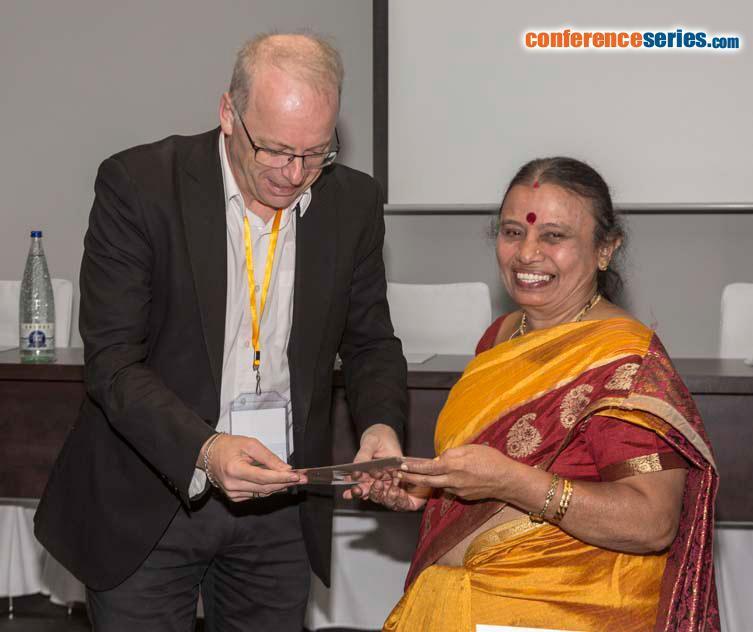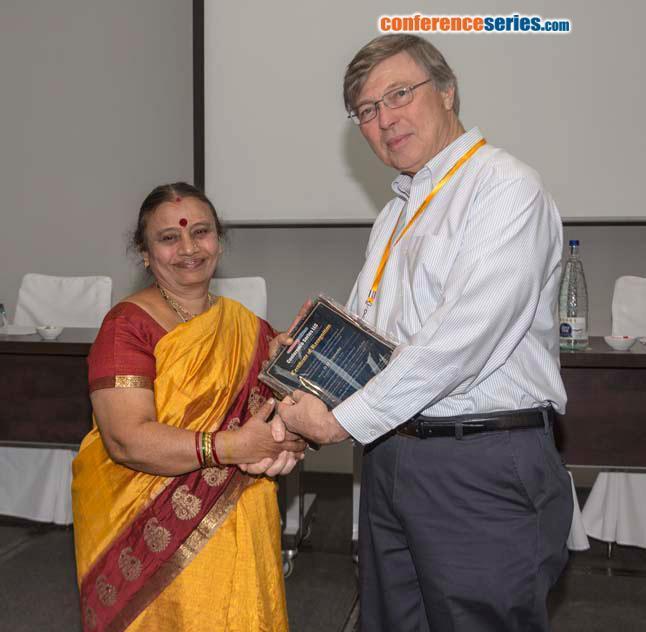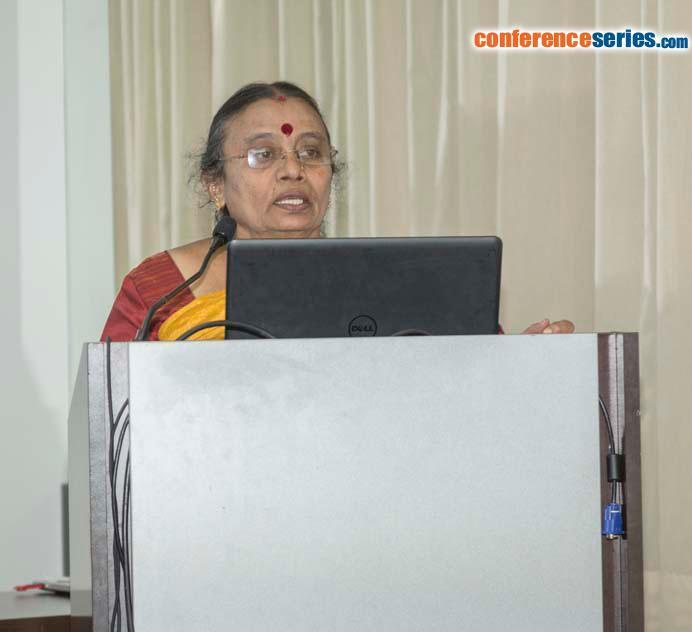
D H Tejavathi
Bangalore University, India
Title: Novel in vitro techniques for sustainable cultivation and efficient induction of genetic variability in Agave vera-cruz mill
Biography
Biography: D H Tejavathi
Abstract
Agave vera-cruz Mill is a member of Agavaceae, is one of the important fiber yielding, ornamental and medicinal plants. Gradual depletion of genetic resources of economically important plants is the result of indiscriminate collection of the source material and disappearance of natural habitats due to human intervention. At this juncture, plant genetic improvements programs are primarily dependent on the availability and efficient induction of genetic variability. Novel techniques like in vitro culture, in vitro mutagenesis and AM fungal association provide a scope for induction of much needed genetic variability in the base populations. Nearly 100 shoots were differentiated from callus raised from shoot tip cultures on transferred to ½ MS+BAP. Among the regenerated plants, a few plants raised through indirect organogenesis have shown a few phonotypic variations from the source plants. Shoot tips were exposed to EMS at various concentrations and α-irradiation for varying periods and doses. It was found that multiple shoot induction from these cultures was two-fold more than the control plants. Normal and tissue culture plants were treated with Glomus mosseae and G. fasiculatum; two AM fungal species to study their effect on the enhancement of the biomass and active principles. The increase in biomass was found to be threefold than the control plants. Effect of in vitro mutagenesis and AM fungal association on the synthesis of primary and secondary metabolites in control and treated plants were studied. Finally, genetic variability induced by these novel techniques in micro-propagated plants was analyzed by AFLP markers.





